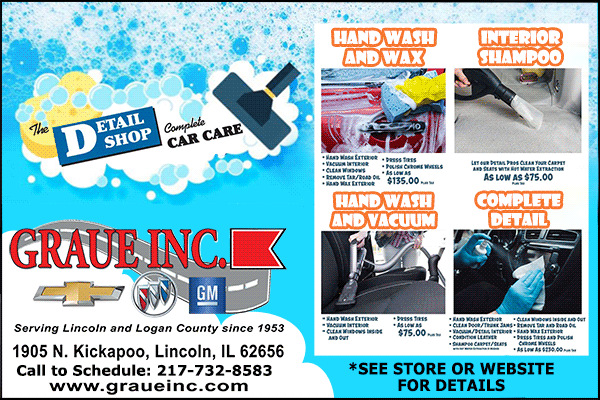|
Front-month Brent November futures were up 42 cents, or 0.44%,
to $95.80 per barrel at 0943 GMT, ahead of the contract's expiry
later in the day. The more-liquid Brent December contract was up
33 cents, or 0.35%, at $93.43 per barrel.
U.S. West Texas Intermediate crude (WTI) gained 51 cents, or
0.56%, to $92.22 per barrel.
Brent futures touched their highest since November 2022 on
Thursday, hitting an intra-day peak of $97.69 a barrel.
Meanwhile, WTI hit its highest intra-day price since August last
year at $95.03 a barrel.
A backdrop of tight supplies in the U.S. provided further price
support, with storage at Cushing, Oklahoma, the delivery point
for U.S. crude futures, already at its lowest since July 2022. [EIA/S]
"Any additional decline would threaten to bring them down to a
critical level, which could make further withdrawals difficult,"
said Commerzbank analyst Carsten Fritsch.
China's fuel demand was set to firm as the week-long Golden Week
holiday began on Friday.
"(An) increase in international travel during the Golden Week
holiday is boosting Chinese oil demand," ANZ analysts said in a
client note.
Domestic travel is also expected to boost demand, with data from
flight app Umetrip showing the average number of daily flights
booked is a fifth higher than for Golden Week in 2019, before
COVID.
Meanwhile, inflation in the euro zone fell to a two-year low of
4.3% in September, the latest Eurostat flash reading showed,
suggesting the European Central Bank's policy of steady interest
rate hikes was taking effect.
Russia is considering introducing fuel export quotas if the
current export ban is not effective in bringing down domestic
prices.
"Price increases are unacceptable. If the situation does not
change, strict regulatory measures will be taken," Deputy Prime
Minister Alexander Novak said.
(Reporting by Robert Harvey, Katya Golubkova; Editing by Sonali
Paul and Mark Potter)
[© 2023 Thomson Reuters. All rights
reserved.]
This material may not be published,
broadcast, rewritten or redistributed.
Thompson Reuters is solely responsible for this content.

|
|




